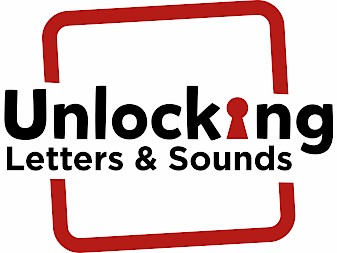Phonics and Early Reading

Phonics
We use Unlocking Letters and Sounds which was validated by the DfE in December 2021.
We begin teaching phonics in the first few weeks of term 1 in Reception and children make rapid progress in their reading journey. Children begin to learn the main sounds heard in the English Language and how they can be represented, as well as learning ‘Common Exception’ words for Phases 2, 3 and 4. They use these sounds to read and write simple words, captions and sentences. Children leave Reception being able to apply the phonemes taught within Phase 2, 3 and 4.
Please see below for an example of our Phase 2 and 3 GPC, picture, action, and letter formation document.
In Year 1 through Phase 5a, b and c, the children learn any alternative spellings and pronunciations for the graphemes and additional Common Exception Words. By the end of Year 1, children will have mastered using phonics to decode and blend when reading and segment when spelling. In Year 1 all children are screened using the national phonics screening check.
In Year 2, phonics continues to be revisited to ensure mastery of the phonetic code and any child who does not meet age related expectations will continue to receive support to close identified gaps.
For further details please see below for the 'Unlocking Letters and Sounds' progression.
To ensure no child is left behind at any point in the progression, children are regularly assessed and supported to keep up through bespoke 1-1 interventions. These include GPC recognition and blending and segmenting interventions. The lowest attaining 20% of pupils are closely monitored to ensure these interventions have impact.
Reading Scheme
At Easton we promote a 'phonics first' approach in the books children take home, texts are very closely matched to a child's current phonics knowledge so that every child can experience real success in their reading. In these crucial early stages of reading, we primarily use books from Ransom Reading Stars to ensure complete fidelity to the Unlocking Letters and Sounds progression we follow.
Once children progress beyond decodable texts, they move onto our book scheme so that they can continue to progress in their decoding, fluency and comprehension skills to become avid, expert readers.